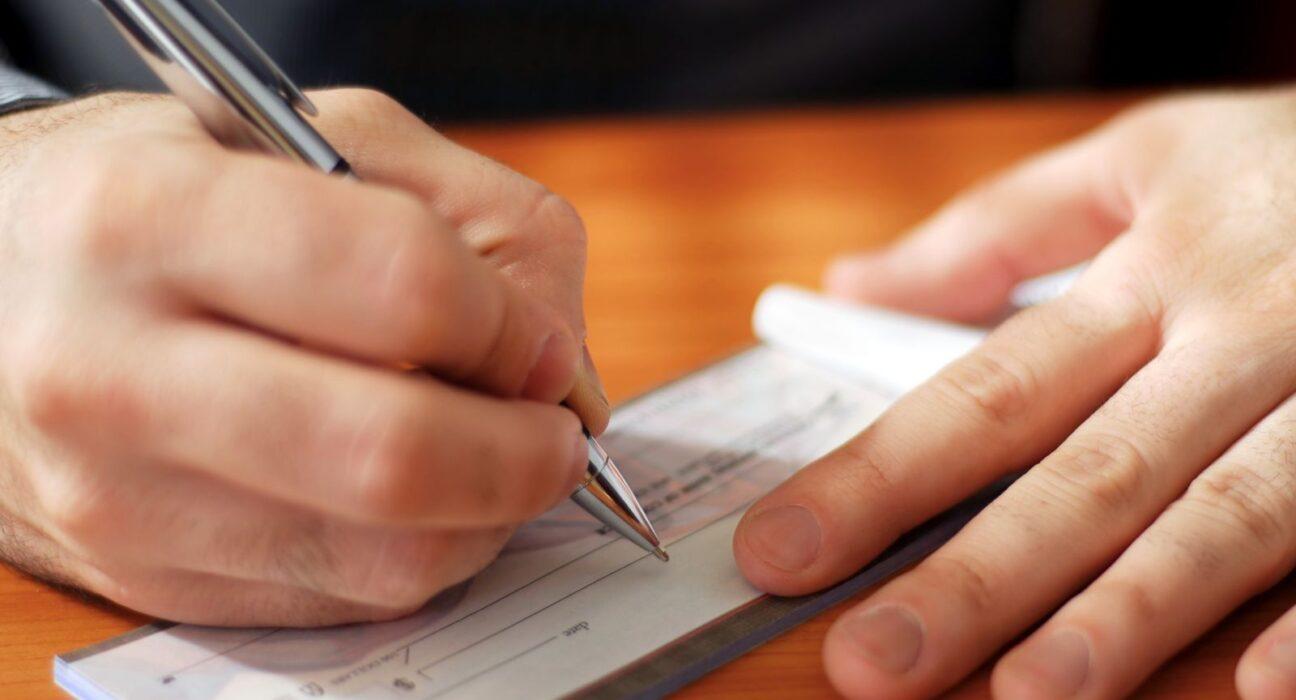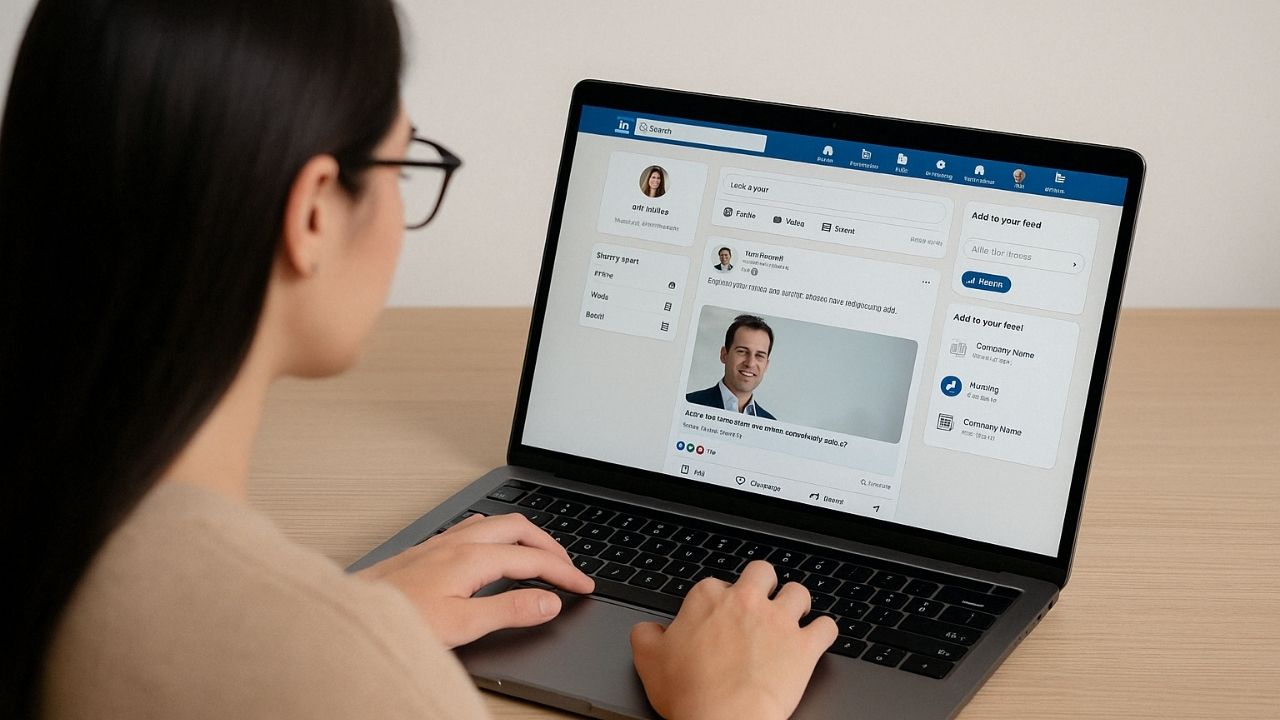I received an email from SCORE (small business assistance for small business owners) warning about a scam. They said nefarious people were sending checks to people, in SCORE’s name or brand. How does such a scam work?
Well someone sends you a check, or a wire transfer. They then ask you to send all or some of the money back to them or another person. You, trying to do the right thing, do what they say. After you send the money, they tell they’re bank that they sent the money to the wrong account (which is your account) and then the money is removed from your account. They get the money YOU sent and you lose out.
Score gives the following warning:
Here’s how to protect yourself:
- Never deposit a check payable to SCORE: SCORE and the SCORE Foundation will never ask you to deposit checks payable to SCORE or the Foundation into your personal account.
- Beware of handwritten checks: All official SCORE and SCORE Foundation checks are electronically signed, not handwritten.
- Verify payments: If you receive a check from SCORE, contact SCORE’s accounting team at Accounting@SCORE.org or call 800-634-0245. They can verify payments for both SCORE and the Foundation.
- Official communication: We only use official SCORE social media channels and email for solicitations. If something seems off, immediately contact SCORE directly to confirm.
How to report:
- Report suspicious contact: If you’re contacted by a suspicious account, tell SCORE (contactus@score.org) immediately.
- Report scams: If you or someone you know is a victim of a scam, please contact your local law enforcement.
More Tips Include
Here are some important tips to protect yourself from check scams and similar financial fraud:
- Be wary of unexpected checks, especially from unfamiliar sources.
- Never cash a check and send money back to the sender. This is a common scam tactic.
- Be suspicious of any offer that requires you to deposit a check and wire money quickly.
- Know that banks must make funds available quickly, but it can take weeks to fully verify a check. You may be responsible for repaying the bank if a deposited check turns out to be fraudulent.
- Be cautious of online job offers or deals that seem too good to be true.
- Don’t give out personal banking information to people you don’t know and trust.
- If possible, wait for checks to fully clear before spending the money.
- Be wary of pressure to act quickly or keep a transaction secret.
- Research any company or individual you’re dealing with before accepting payments.
- If you’re selling items online, be cautious of buyers who want to pay more than your asking price.
- Use secure payment methods for online transactions when possible.
- Regularly monitor your bank statements for any suspicious activity.
If you suspect you’ve been targeted by a scam, contact your bank immediately and consider reporting it to local law enforcement or consumer protection agencies.
Related articles:










